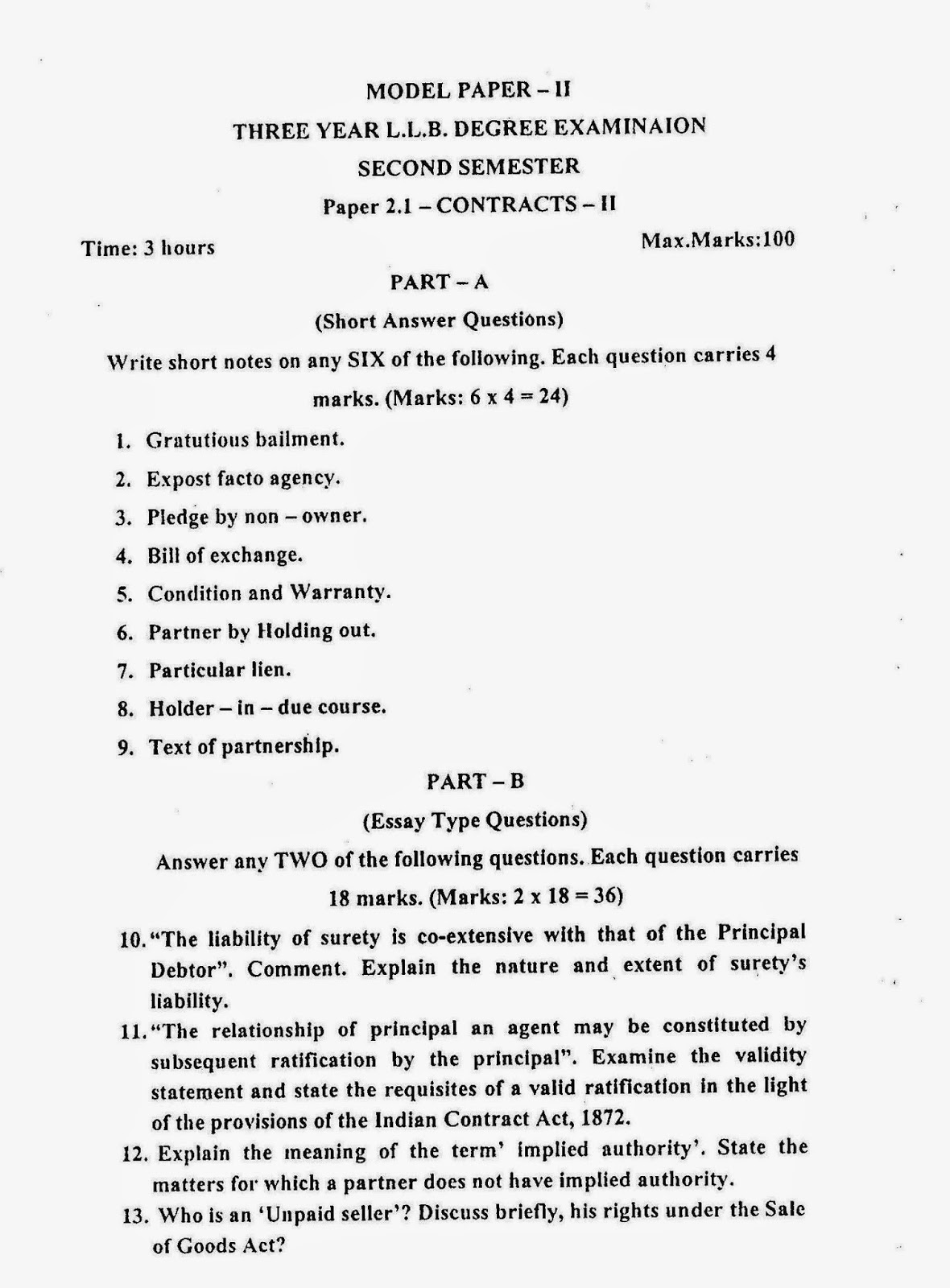(LEGAL
THEORY)
Q.No.1Explain the nature and scope of
Jurisprudence.
Answer:-
The study of
Jurisprudence started with Romans. The
Latin equivalent of “Jurisprudence” is Jurisprudentia which means either
(“Knowledge of law or Skill in law”).
1. It studies the Meaning of the term “rights”
and various kinds of rights which are theory possible under a legal system.
2. It is not generally used in other languages
in the English sense.
3. In French, it refers to something like
“case law” it an analysis of the formal structure of law and its concepts.
(Examination
/ studies) Limits
/ Boundaries
4. It is confined only to law touching every
aspect of law and study of fundamental legal principles. “Juris” means law (legal) and prudentia”
means skill or knowledge.
5. It includes the philosophical, historical
and sociological basis and an analysis of legal concepts.
6. In France, it is called ‘____ philosophia
du droit”, (that is the philosophy of Rights).
7. In Germany, it is called
‘Rechtsphilosophie’ (that is the philosophy of Rights), that is of law in the
abstract sense.
8. An India (NidhiShostra) that is knowledge
of law.
DEFINITION:-
According to ULPIAN Definition:- “Jurisprudence is the knowledge of
things divine and human, the science of the just and unjust”.
PAULUS : Defines, “It is the law and the law is
not to be deduced from the rule but the rule from the law”.
AUSTIN : It is a


























